As the Rare Breed Youth Outreach Center celebrates its 23rd birthday, the drop-in center for homeless and at-risk youth continues to see hundreds of new faces coming in for services.
In 2022, a total of 734 individual youth visited the outreach center. Of those, 480 asked for help from the Rare Breed for the first time.
So far in 2023, Rare Breed has served 338 individual youth with 235 of those being new faces.

Jolene Hays, youth services coordinator at Rare Breed, said a lot of those youth have been kicked out of their parents’ homes or they have run away from dangerous, abusive situations.
“And not all of them need housing,” she added. “They’re not all homeless.”
The Rare Breed is a program of The Kitchen, Inc., a nonprofit focused on providing emergency and transitional shelter. It is located in downtown Springfield at 301 N. Main Ave.
A variety of services available at Rare Breed
In addition to connecting homeless youth with The Kitchen’s housing programs, the Rare Breed offers a wide range of services for at-risk youth ages 13-24 (since youth must be old enough to sign a lease, the housing programs are for ages 18-24).

At the Rare Breed, young people can hang out in a safe atmosphere, get a meal and some to-go food items, use the bathroom and take a shower, do laundry, play games, read books, watch television, use the computer lab, play instruments and make music in the recording studio or do art projects.
Youth can get shoes and clothes, as well as hygiene products and survival gear.
Youth can get help getting identification cards, Social Security cards and birth certificates.
Representatives from the Springfield-Greene County Health Department regularly come in to do health assessments and make referrals. AIDS Project of the Ozarks also comes to Rare Breed to do disease testing. Its representatives talk to youth about harm reduction.
“We have Cadence Bank that comes in once a month to teach our youth about banking, finances, money management, checking accounts, savings accounts, credit, all that,” Hays said. “It’s a great program. They have learned a lot.”
The League of Women Voters visits once per month to teach the young people about the importance of voting, what’s on the ballots and to help them register to vote.
The Outreach Center, which is located next to the bus station, gives bus passes on a regular basis to help youth get to interviews and appointments.
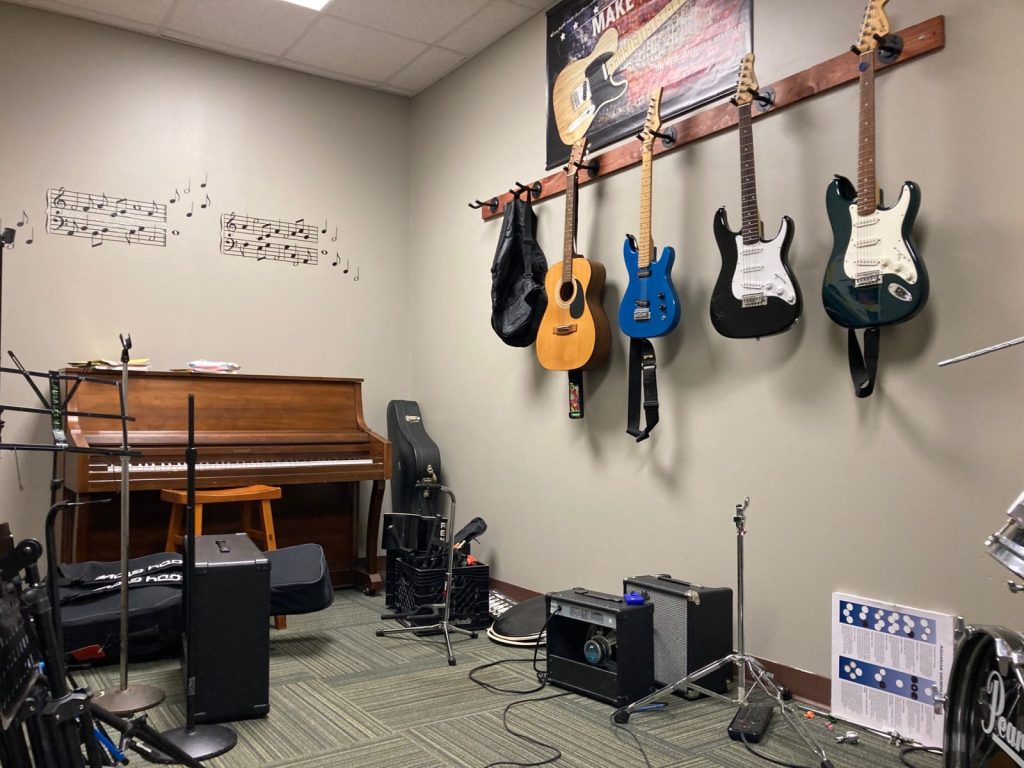
Once a youth gets a job, Hays said they’ll continue to get the free bus passes until they get their second or third paycheck.
“Then we sit them down with a case manager. They do a budget and figure out what they’re paying, what their income is,” she said. “If they can afford their bus pass, then they go and buy their bus pass. We have them put that in their budget.”
Services for pregnant and parenting youth
The Rare Breed gave out more than 3,000 diapers to parenting youth in 2022, Hays said.
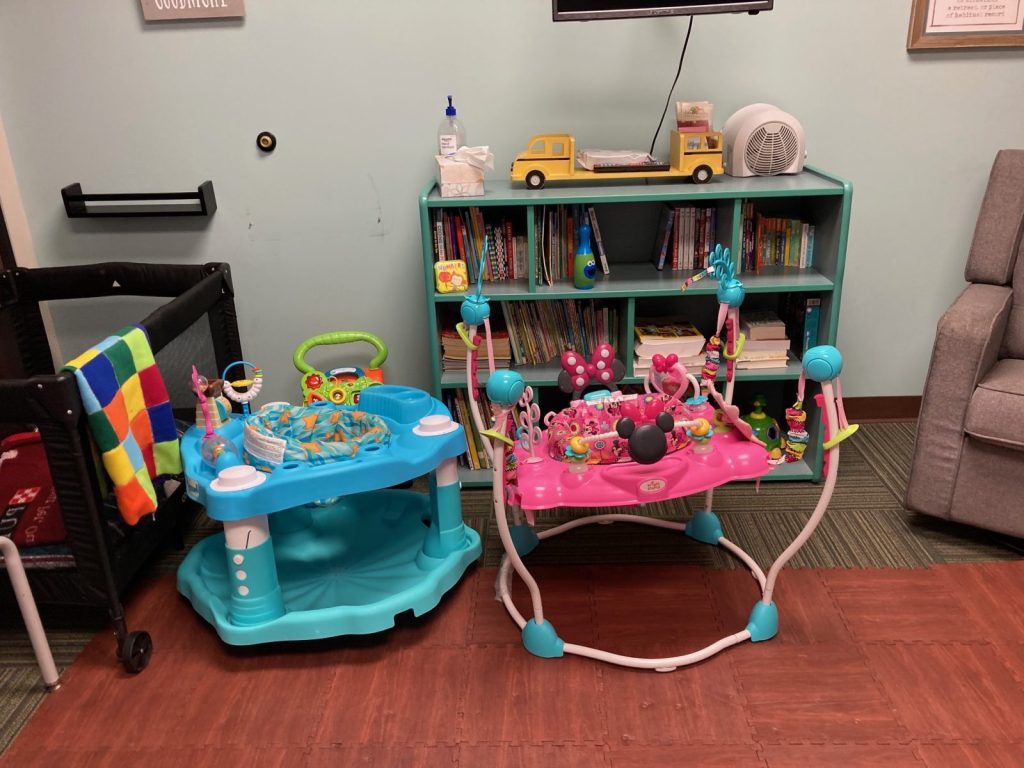
“We do baby clothes, strollers, car seats, cribs — anything baby-wise that they need,” she said.
Pregnant and parenting youth can meet individually or go to classes with Gina Poindexter, the parenting youth case manager. Poindexter helps young and expecting parents stay on top of doctor’s appointments, learn how to take care of a newborn or young child and gain strategies on navigating the relationships with their fellow parents.
“She just gives them that guidance and support to be able to be comfortable in themselves as a parent to take care of their babies,” Hays said. “She talks about postpartum. She talks about pregnancy. She talks about WIC (the federal nutrition program for women, infants and children).”
The parenting youth case manager position was created in 2020 and is funded through a grant from the Musgrave Foundation, a nonprofit supporting grant program through Community Foundation of the Ozarks, Hays said.
If a pregnant youth comes to the Rare Breed and is homeless, Hays said they can either get them directly into shelter or get them into LifeHouse (a transitional home for homeless pregnant women) until shelter space is available.
Coordinator: ‘I love seeing the kids thrive’
Though she’s only been with Rare Breed for a year and seven months, Hays said the job is truly her calling.
“It’s my passion. This is what I’ve always wanted to do,” Hays said. “I love seeing the kids thrive. It’s heartbreaking at times. I’d be lying if I said it wasn’t.
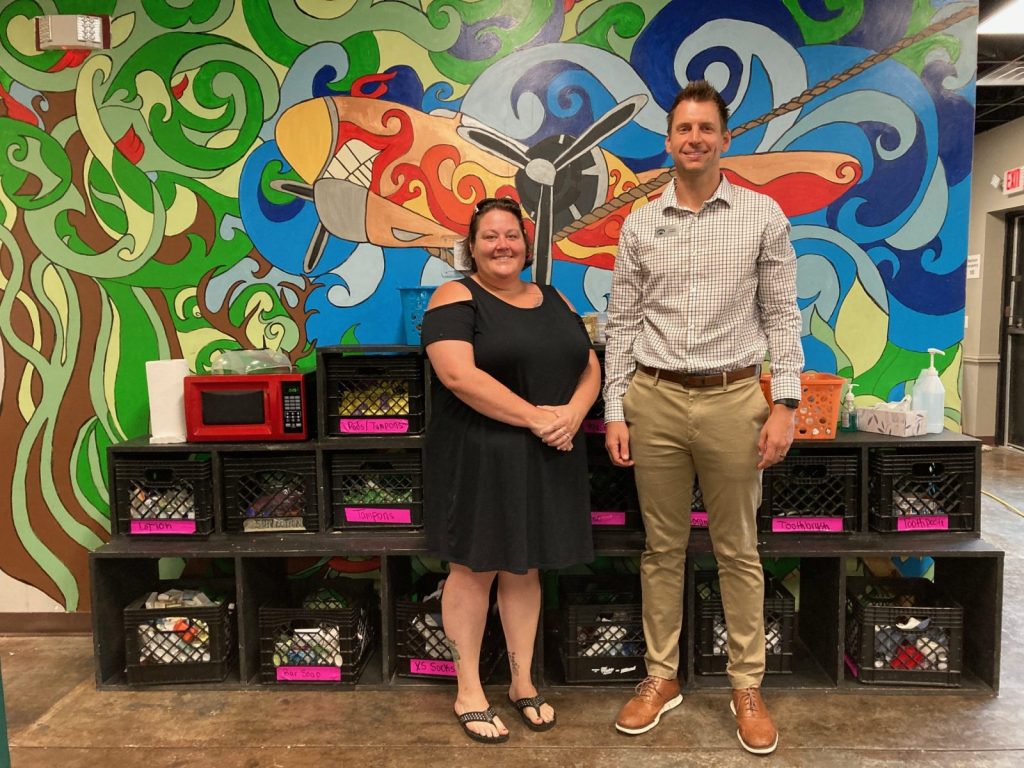
“We celebrate every win with them, whether they got a job or whether their food stamp card came in or, you know, they found a cool pair of shoes in the clothing closet,” she continued. “It’s my passion to help them become self-sufficient and independent, to thrive and do what they want to do.”
Perhaps her favorite moments are when the youth find stability, a job and/or a place to live — and then return to Rare Breed to share what’s happened, Hays said.
“I had one write me a letter, and he said, ‘Without you guys, I wouldn’t be where I am today,’” Hays recalled of the letter. “He got a new job, was getting ready to get a down payment on his apartment, and so those are the stories that I just love.
“It’s really just the smiles and the success stories,” she said. “It doesn’t matter how big or small it is, you know, we celebrate them all.”

Hours, how you can help
The center is open for youth from 11 a.m. to 5 p.m. Monday through Friday, but donations can be dropped off 9 a.m. to 5 p.m.
Speaking of donations, here’s some items from Rare Breed’s needs list: clothing, shoes, backpacks, to-go food items (pop-top canned items, tuna packs, Vienna sausages, chips, granola bars, etc.) baby wipes, bungee cords, tarps, flashlights, hygiene products, menstrual products and bus passes.
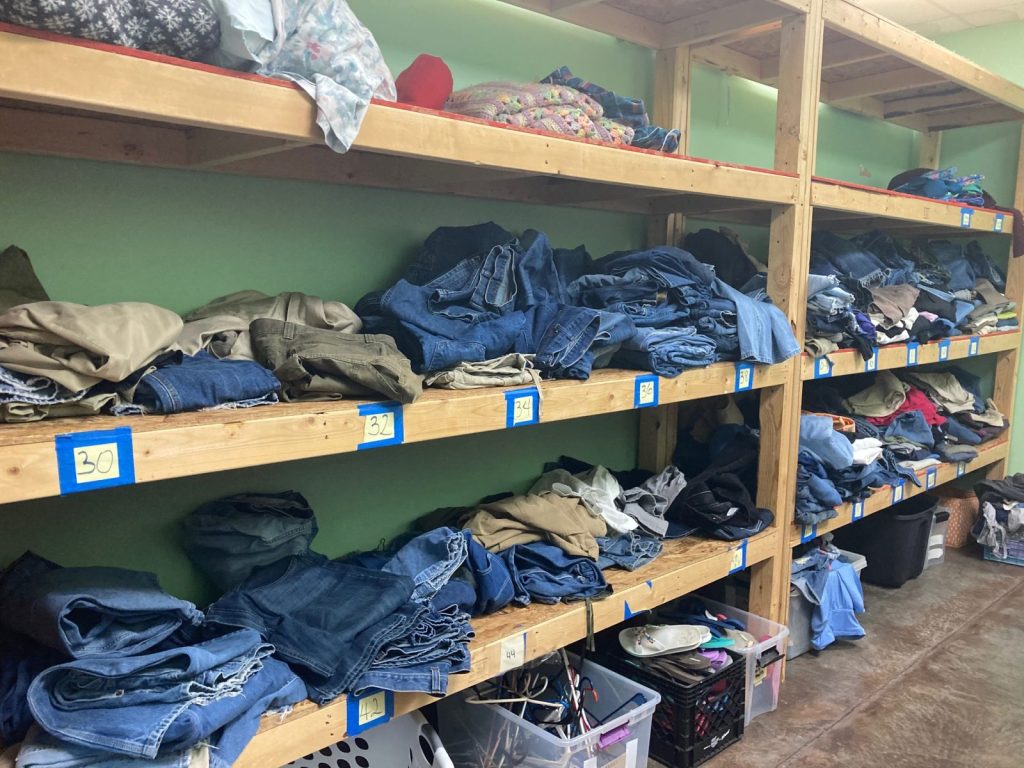
Since Rare Breed often helps youth get into a apartments, donations of household items and furniture are always a need. Because of storage limits, furniture should be donated at 730 N. Glenstone Ave. during regular business hours or call (417) 225-7420 to schedule a furniture pickup.
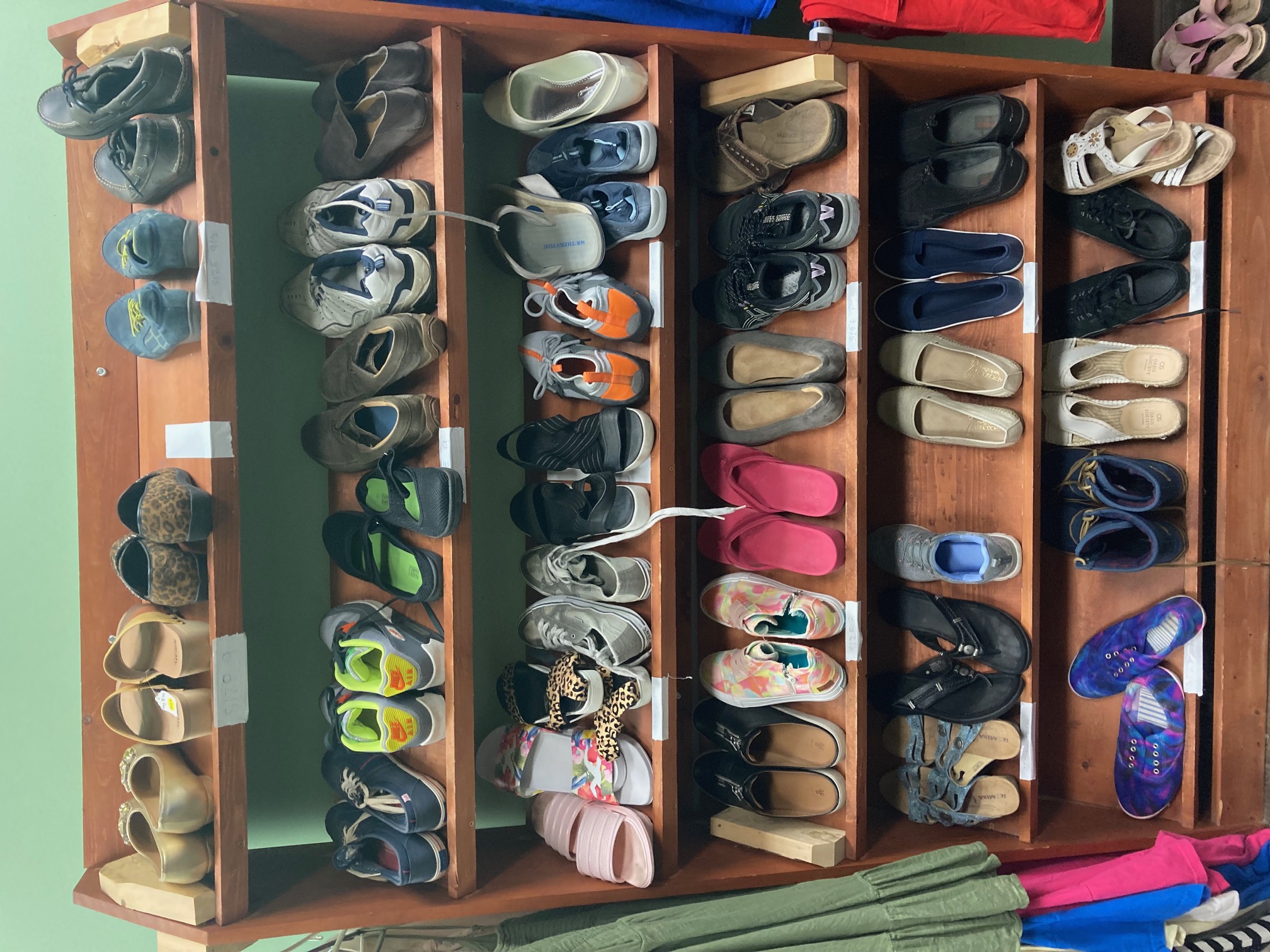
Rare Breed also needs volunteers to donate dinners. Meals can range from hamburgers or burritos wrapped in foil or sack meals (sandwiches, chips and snacks in paper sacks).
Dinner donors should prepare 40 individually packaged meals. Any leftovers go into the refrigerator for the youth to eat the following day.
Groups of four or five people can come to the outreach center and serve hot meals, just as volunteers used to do before the COVID-19 pandemic.
Find the Rare Breed Youth Services meal calendar on the website.

